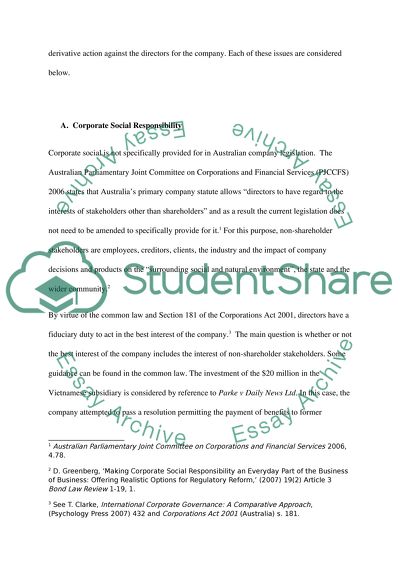Cite this document
(“AUSTRALIAN CORPORATIONS LAW: GENERAL Research Paper”, n.d.)
Retrieved from https://studentshare.org/family-consumer-science/1414980-australian-corporations-law-general
Retrieved from https://studentshare.org/family-consumer-science/1414980-australian-corporations-law-general
(AUSTRALIAN CORPORATIONS LAW: GENERAL Research Paper)
https://studentshare.org/family-consumer-science/1414980-australian-corporations-law-general.
https://studentshare.org/family-consumer-science/1414980-australian-corporations-law-general.
“AUSTRALIAN CORPORATIONS LAW: GENERAL Research Paper”, n.d. https://studentshare.org/family-consumer-science/1414980-australian-corporations-law-general.


